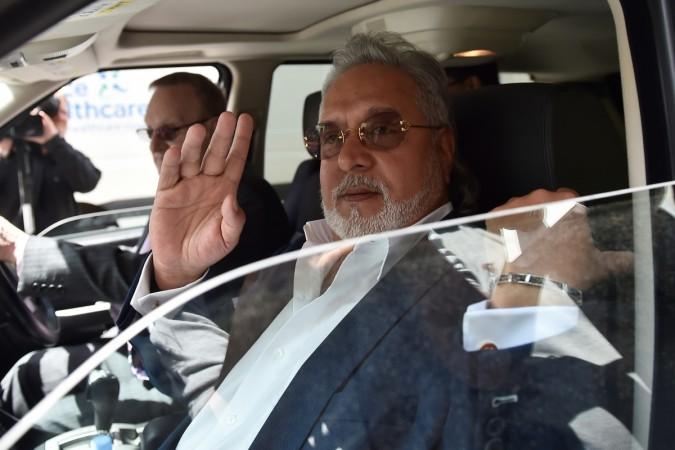
India asked a London court on Monday to hand over business tycoon Vijay Mallya to the Indian jurisdiction for allegedly defaulting loans from the state-owned banks in the country. The extradition trial of Vijay Mallya began on Monday at the UK court and the hearing will conclude next week.
According to Reuters, a court document showed that his lawyers planned to argue that the case against him was politically driven and aimed at quelling public anger in India over the accumulation of bad debts by the state lenders.
Further, over the next few days, the prosecution will have to prove that the criminal charges against Mallya are justified and that he should be extradited to India to face trial.
However, in a written document, his lawyers argued that the extradition request should be rejected because of lack of evidence, the impossibility of a fair trial in India and detention condition in India being incompatible with British human rights laws.
"It is a case which has been driven in India not by evidential enquiry, but by a populist and misguided sentiment that the sheer size of the losses involved in the collapse of Kingfisher Airlines Ltd (KFA) must be indicative of some criminality somewhere," the document said.
Mallya had left the country in March 2016 after public sector banks claimed that he was a loan defaulter and owed an estimated amount of Rs 9,091 crore. They had also approached the Debt Recovery Tribunal.
The banks also demanded that an issue of an arrest warrant against the business tycoon and a security deposit to ensure his presence at the Debt Recovery Tribunal proceedings in Bengaluru.
But Mallya, who was also a member of the Rajya Sabha, left the Indian shores almost six days before the banks approached the court.
Mallya is a billionaire who inherited United Breweries Limited (UB) from his father and turned it around into India's biggest alcohol maker.
The company which is known for its Kingfisher beer, one of the highest selling brands across the world, is no longer his. In addition to this, his airline service Kingfisher Airlines has also now been grounded for five years and has dues of over Rs 9,000 crore to pay to various banks.

The airline was grounded in 2012 after he failed to pay salaries to employees. It is also currently being investigated for suspected diversion of funds and financial irregularities.
Further, in September, the probe by Central Bureau of Investigations and Enforcement Directorate also revealed that Mallya had allegedly diverted most of Rs 6,000 crore borrowed from banks to shell companies.
The money was allegedly diverted to shell companies in seven countries, including the US and UK.
Both the agencies also said that evidence gathered so far will strengthen their case for Mallya's extradition from the UK.
The judge, England's Chief Magistrate Emma Arbuthnot, will have to decide if there is a prima facie case against Mallya and if the alleged crimes would be offences in both in Britain and India.
The hearing will conclude next week.
















